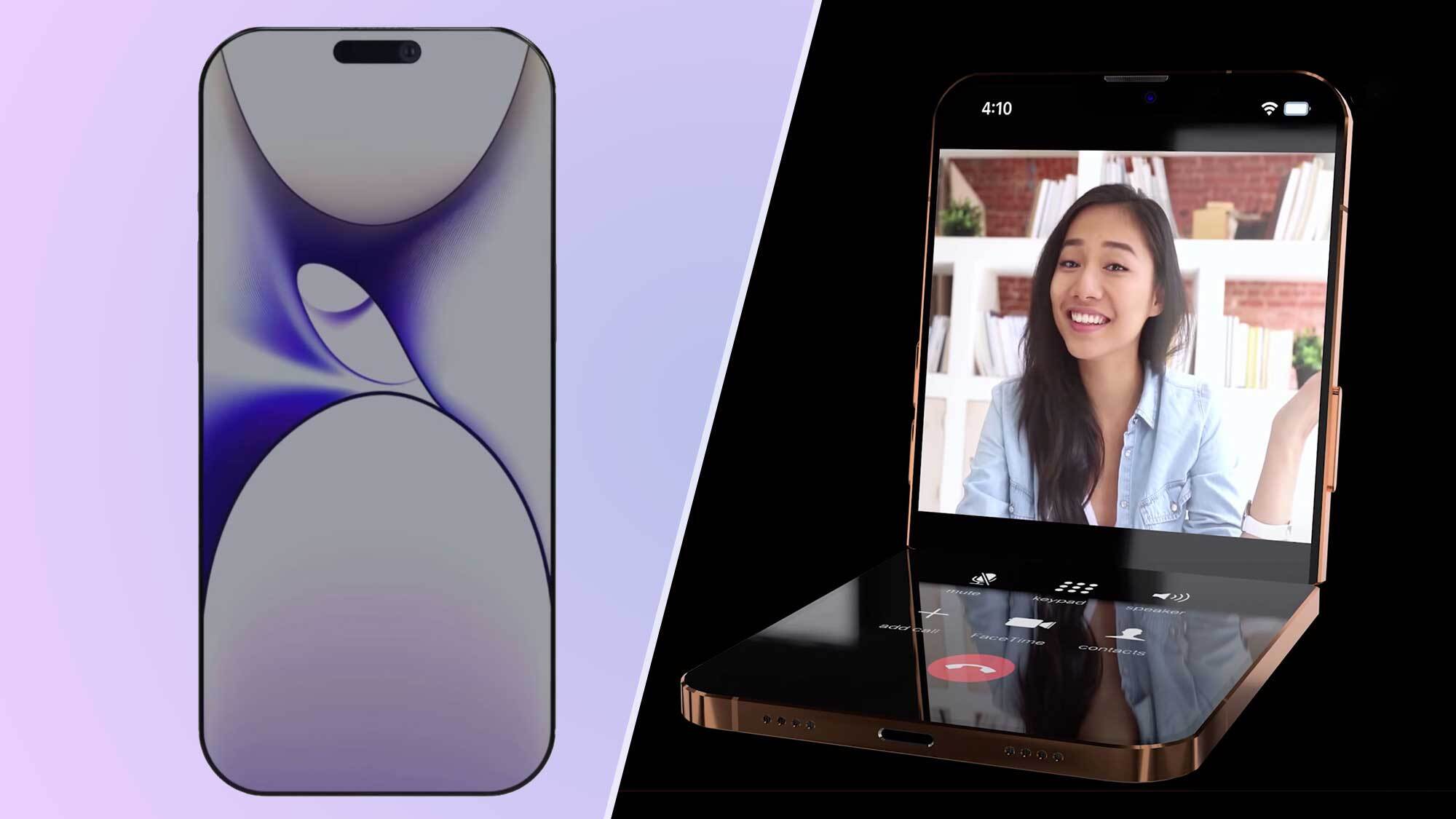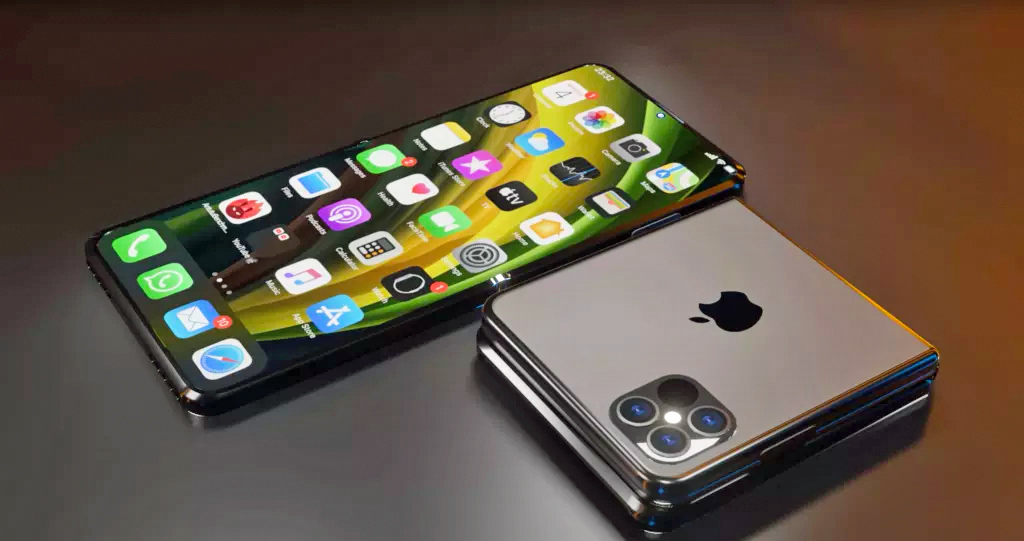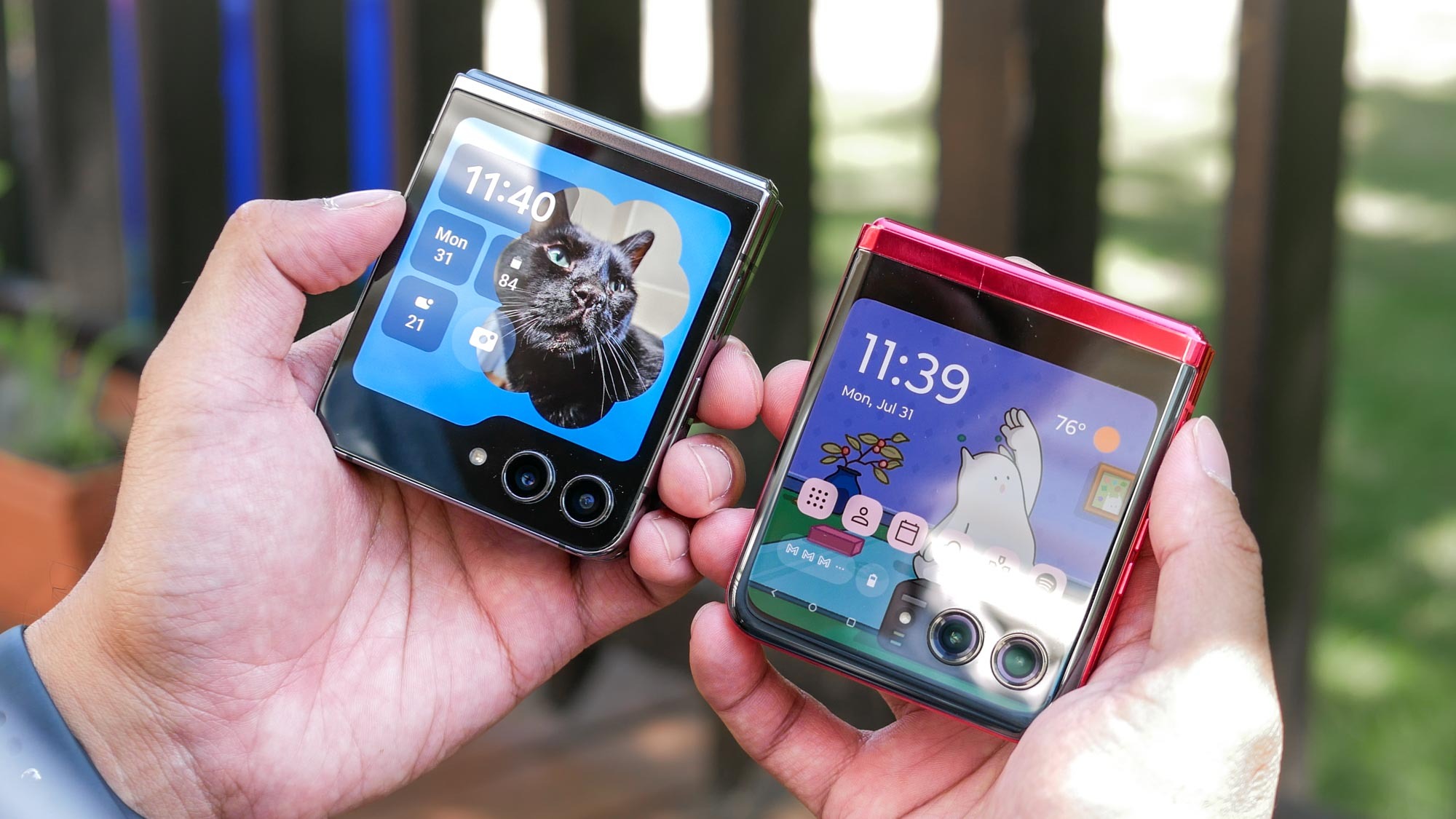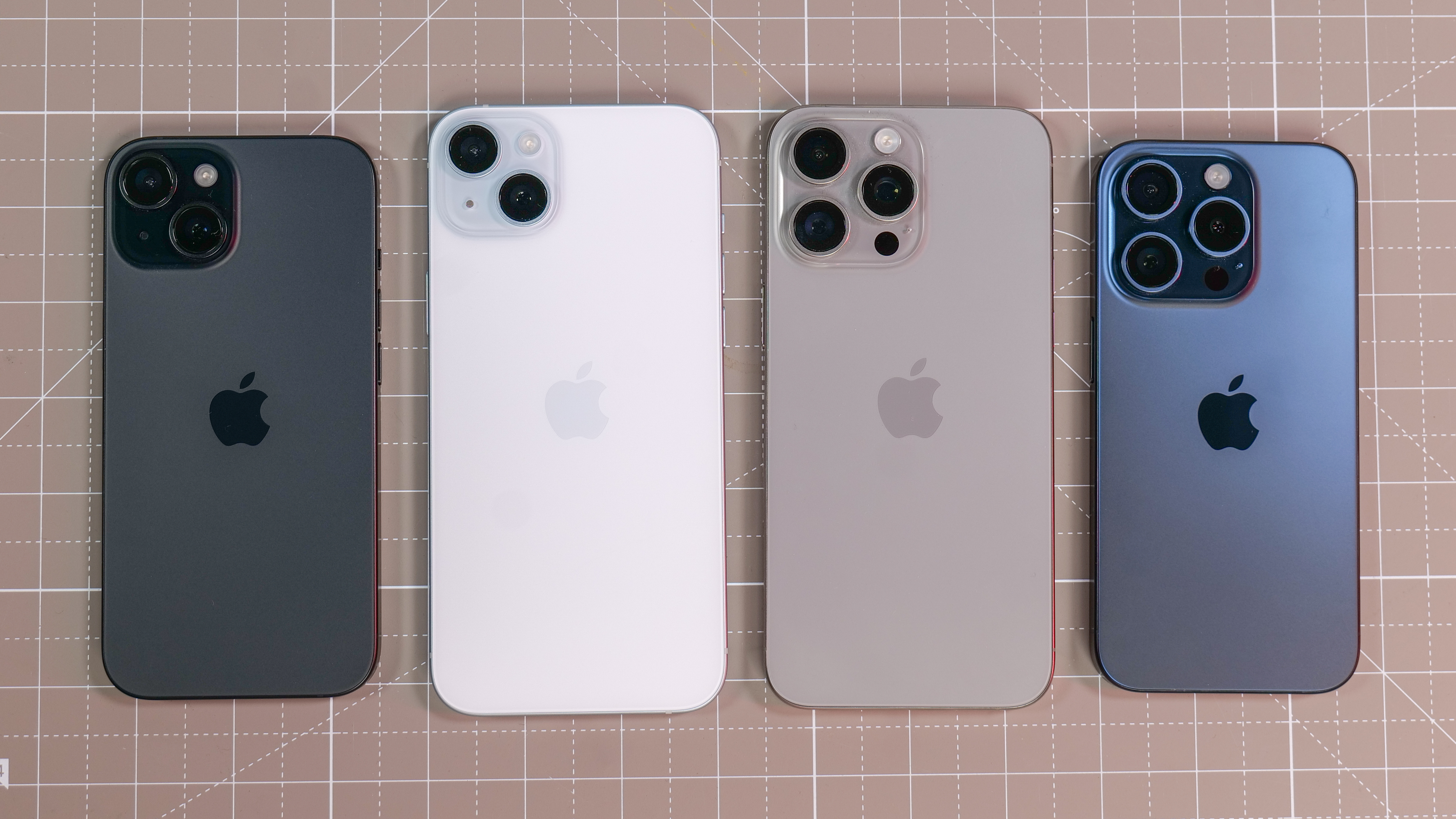
Now that the dust has settled from the iPhone 15 launch, it’s time to look at what Apple could be doing in 2024. Rumors have been rampant about a potential “Ultra” phone that would seemingly supplant the Pro series as the top-of-the-line model. That could be one of the possibilities as we inch closer to the fall when Apple holds its usual iPhone launch event — when an iPhone 16 Ultra may debut.
There's another potential direction, though, and it revolves on a form factor that Apple has yet to tackle. I’m referring to a foldable phone rumored to be called the iPhone Flip — and something I’ve been personally wanting to see. After years of using Samsung’s foldable phones, like the Galaxy Z Flip 5 and Galaxy Z Fold 5, the foldable form factor has proven to have huge appeal. Apple desperately needs to respond to this growing market, which already saw a shakeup in 2023, as OnePlus and Google came out with foldables of their own.
This is why I’m exploring an iPhone 16 Ultra vs. iPhone Flip comparison to tell you what I think Apple should release first. I highly doubt that the company would want to release two ground-breaking iPhones in the same calendar year. Between them, there's a more compelling argument in favor of the iPhone Flip. Here’s why.
Timing a release for earlier in the year

The first point I want to make for releasing an iPhone Flip involves timing. Apple typically reserves its fall September event for its usual iPhone series — in 2024, that's going to be the iPhone 16 more likely than not. And that also leaves the first half of the year wide open for a handset release.
In the past, the only other iPhone announced outside Apple’s fall event has been the iPhone SE series — with the iPhone SE (3rd Gen) debuting at a March 2022 event. Even though it’s still uncertain if we’ll see a successor this year, Apple could use the opportunity to announce an iPhone Flip.
This strategy would play nicely against Samsung, seeing that the company is slated to unveil its flagship in the Galaxy S24 series later this month — saving its own foldable phones announcements for the late summer. There’s a huge stretch between now and September for Apple to wait on making an announcement, so that’s why an iPhone Flip release in the first half of 2024 would be well-timed. (I should note here that some people think the Flip won't be ready until 2025 at the earliest.)
Consumers crave foldables

The reality is that foldable phones by and large are garnering the most attention from consumers, and sales prove that. According to a report from research firm DSCCC, there was a 215% increase in foldable phone sales in Q3 2023 over the previous quarter, with a 16% boost over the same time period in 2022.
There are several reasons for the surge in foldable phone sales, but there’s no denying the added utility that they offer over conventional slate smartphones. Take flip phone-style foldables like the Samsung Galaxy Z Flip 5 and Motorola Razr+, which become a fraction of their size when folded over while their large exterior displays take content creation to a different level. There’s just no way that an iPhone 16 Ultra can do all of that.
Apple would be wise to explore the flip phone style first rather than a notebook-esque design featured on the Google Pixel Fold and OnePlus Open. That's mainly because Apple could basically take the designs of its existing iPhone 15/15 Plus and incorporate a foldable display to get it done. Trying to adopt a much larger screen could complicate things for Apple — locking down a vendor who could deliver the necessary supplies and components for such a device, for example.
But this leads me to my next fundamental and final reason why Apple should release an iPhone Flip first over an iPhone 16 Ultra. It comes down to price.
Consumers don't need another ultra expensive phone

Apple made the move to increase the price of its iPhone 15 Pro Max last fall by $100, making it the most expensive iPhone to date at $1,199. That’s probably why it would make more sense for an iPhone Flip to pack specs similar to the standard iPhone 15. Much like other flip-style foldable phones, I suspect that an iPhone Flip would pack a dual camera setup — saving its triple camera arrangement with optical telephoto abilities for its Pro and Ultra series.
Seeing that the iPhone 15 and 15 Plus sit at $799 and $899, respectively, I would surmise that $999 is the sweet spot for an iPhone Flip. You’ll have to pay the premium for its unique form factor and extra utility. Furthermore, it would compete nicely against other existing foldables at that price.
Using the same logic behind the prices of the Apple Watch Series 9 and Apple Watch Ultra 2, there’s a $400 price difference between them. That would mean we could see an iPhone 16 Ultra at $1,399 knowing that the iPhone 15 Pro costs $999. I personally can’t imagine paying that amount for a smartphone, and I think consumers would likewise feel the pinch from an Ultra model that expensive.
All of these reasons are why Apple should focus its efforts on releasing an iPhone Flip before an iPhone Ultra. Apple has yet to really explore what it can do with foldables, which would bring exactly the kind of diversity its phone lineup needs.


.png?w=600)




